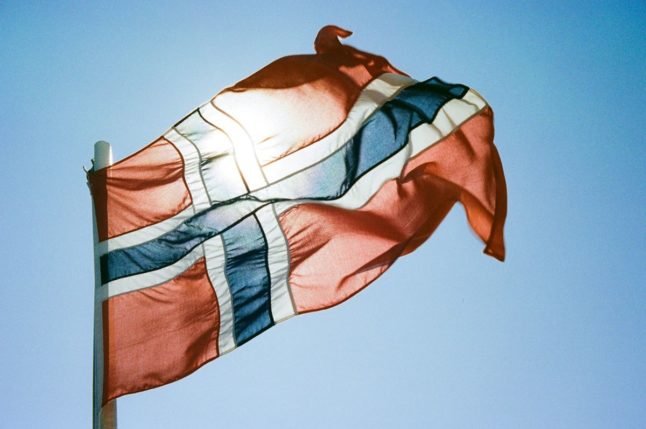Language tests, citizenship and social studies tests, residency requirements and a good conduct certificate are just some of the key criteria you will need to meet to be granted Norwegian citizenship.
Meeting these requirements and being granted citizenship means such benefits as having the same rights as Norwegian and EEA citizens, being able to vote in general elections and staying in Norway for as long as you like or returning after a lengthy absence with virtually no paperwork.
Once you’ve checked all the boxes that apply to you and handed your documents to the police, your paperwork will be forwarded to the Norwegian Directorate of Immigration (UDI).
Per-Jan Brekke, a senior press advisor for the UDI, has told The Local that citizenship applications can take up to two years to process.
However, some cases receive a decision in a much shorter time, while others can take longer than two years to process.
One factor which affects how long an application will take is the applicant’s existing citizenship. Brekke used the example of applications from Syrian nationals taking longer to process.
“One of the reasons for long waiting times is that it is a challenge for Norwegian authorities to confirm the identity of persons from Syria. It has been difficult to determine the authenticity of Syrian passports since the civil war began in 2012. Consequently, the UDI has to confirm identities in other ways. Carrying out these alternative activities requires a case officer to evaluate your application,” he said.
Currently, the UDI website says that applications for citizens from (as an example) the UK, the US and Italy take 22 months to process. Meanwhile, applications for a national from Syria take 26 months.
One of the reasons citizenship cases take so long to process in the first place is that the UDI has received a large volume of applications.
“The main reason for the current long waiting times in citizenship cases is the large volume of cases that we have been unable to process quicker,” Thomas Theis-Haugan, a senior advisor to the press at the UDI, told The Local.
However, The Local has heard of citizenship cases processed in just a few months rather than up to 22 months. This is because the UDI can automatically process some applications, meaning a decision is made much quicker.
“Although some citizenship cases have much shorter waiting times since they can be automated (approximately one-third of all citizenship cases),” Theis-Haugan said.
Essentially, those who have their case processed can expect a significantly shorter wait for a decision.
On its website, the UDI states that those who do not receive an answer to their application within two months are probably not having their cases processed automatically. Applications that aren’t processed automatically are handled by a caseworker.
Those having a caseworker look over their application typically have nothing to fear or worry about, but it does mean it will take longer to receive a decision.
Unfortunately, the UDI or the police cannot tell you whether your application will be processed automatically. Additionally, you won’t receive any heads-up as to whether your case is or isn’t being processed automatically. If your request to become a Norwegian citizen is handled by a caseworker, the immigration directorate won’t be able to tell you why either.



 Please whitelist us to continue reading.
Please whitelist us to continue reading.
Member comments